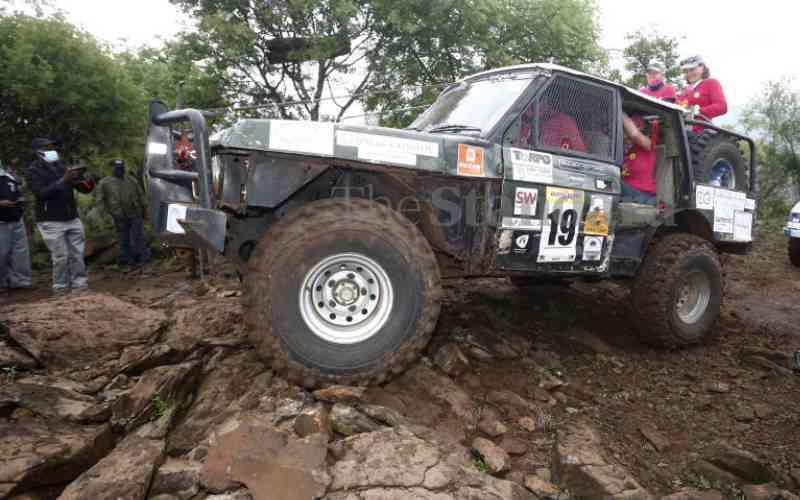×
The Standard e-Paper
Join Thousands Daily

Nestled deep within the Naromoru Forest, beneath the awe-inspiring silhouette of Mount Kenya, six remarkable women gather on a serene afternoon.
Shoulder to shoulder, they share the weight of a wooden post, symbolising the unity that defines one of the world's most gruelling off-road challenges.